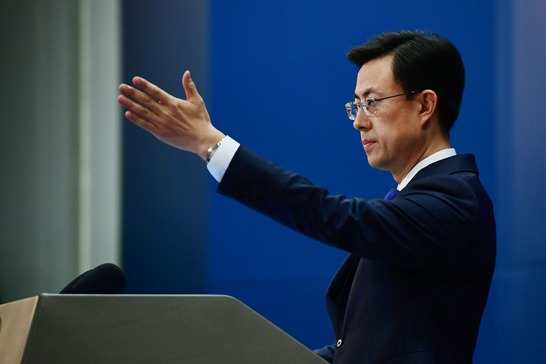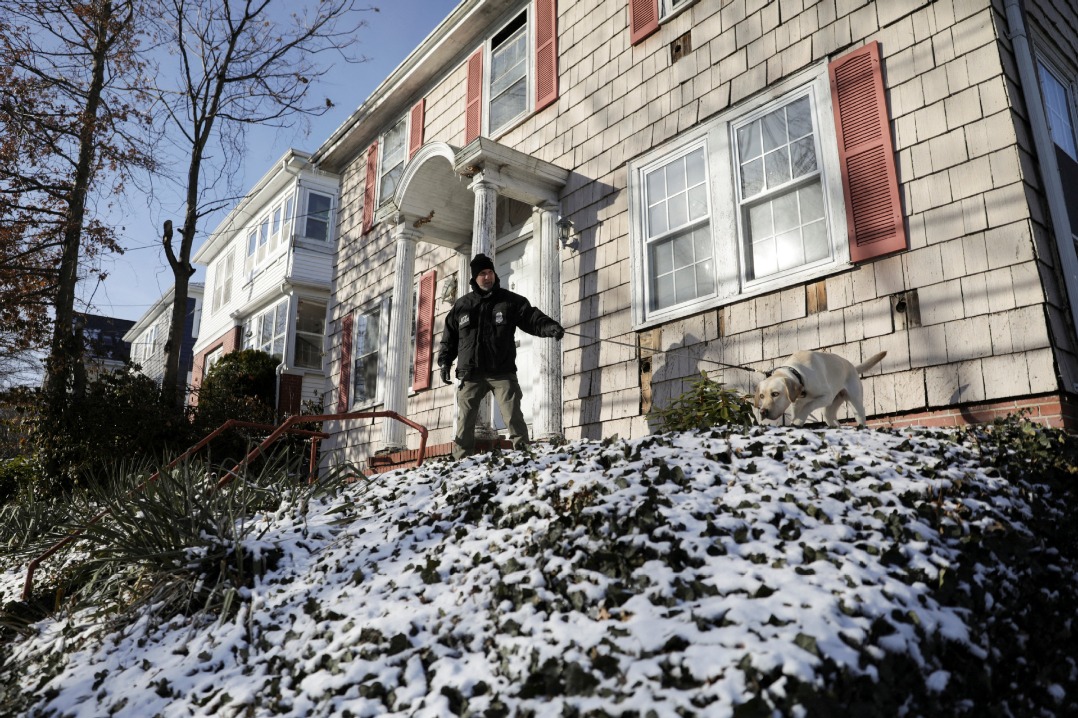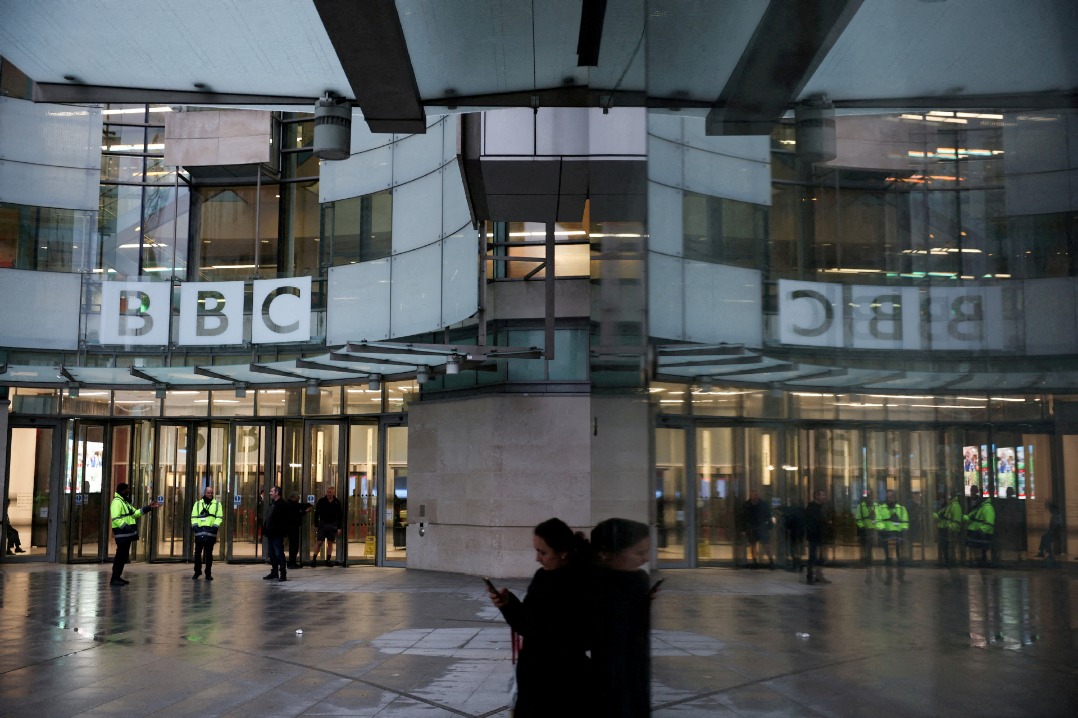Time to learn from anti-pandemic success


Once again, a Chinese city showed how to bring COVID-19 under control-swiftly and effectively.
Coastal Qingdao in East China's Shandong province successfully stemmed the spread of the virus in about a week after 12 locally transmitted cases were confirmed, the first transmissions in the country in months.
Health authorities responded to the outbreak by initiating citywide COVID-19 testing that covered more than 10 million people. The city's chest hospital was placed in a strict lockdown, with 114,000 associated workers and patients in the area reported testing negative for the virus the following day.
As Qingdao's mass testing effort got underway, European cities and others in the West were succumbing to second waves of the virus. Countries such as the United Kingdom, France and Germany were forced to adopt tougher restrictions as they faced record numbers of positive cases every day. The United States still struggles with the initial wave of the virus, reporting more than 50,000 new cases a day on average, according to the latest figures.
Despite the fact that public opinion in Western countries continues to repeat political smearing that targets China as a scapegoat for their COVID-19 woes, the real situation in the two areas could not be further apart. The developments in Qingdao are the latest testament to that.
China's mass, coordinated testing and targeted containment model, as shown in measures to handle recent outbreaks in cities like Beijing, Dalian and Urumqi, have successfully quashed any return of the virus, allowing life to continue as normal. This has contrasted sharply with the rapid relaxation of the West, which failed to take sufficient precautions.
What is the targeted containment model of the virus being used in Qingdao?
Ever since the initial COVID-19 wave was halted in China, the government's strategy for any new outbreaks has involved, first, a universal testing regimen in the affected areas and, second, targeted mini-lockdowns in these areas.
When Beijing suffered an outbreak in its Xinfadi market area, the reaction of the authorities was to lock down the affected neighborhoods, suspend transportation links to them and conduct extensive COVID-19 testing. Life soon returned to normal.
The UK's "rapid relaxation "approach to the virus may be described as the opposite of the above. Once the initial wave ended, the UK government did not take precautions and instead placed priorities on the rapid reopening of businesses and establishment of tourism, such as an "everyone eat out campaign" that ended in disaster.
In contrast to China, the attitude in the West to new outbreaks has been to use restrictions only as a last resort rather than as a preventive, targeted measure.
Open borders, tourism and rapid socialization with little adherence to regulations inevitably brought the virus back. The British government did not do anything about this until it was too late.
In China, a handful of cases in Qingdao was enough for punitive action to be taken, with two leading health officials of the city removed from their posts. In Britain, the government refused to act until cases started reaching April's numbers, which by then was already too late. An obsession with the economy drives its reluctance to act.
However, fighting COVID-19 and saving the economy is not a zero-sum choice. This is what Western governments get wrong.
China's targeted and instantaneous micro-lockdowns and universal testing response are pre-emptive measures that contain the virus early. As a result, bigger measures that would prove damaging to the economy are not needed.
Saving the economy does not mean the virus has to run rampant-600 million journeys during China's recent "Golden Week" holiday period, scenes of a packed Great Wall scenic spot and a growing economy ultimately prove that to be the case.
Prosperity hinges on fast action. The country is actively and swiftly preventing a second wave, while those in the West falter.
Rather than pointing fingers at China, they should observe what has been achieved in Qingdao.
The author is a British political and international relations analyst. The views do not necessarily reflect those of China Daily.
































